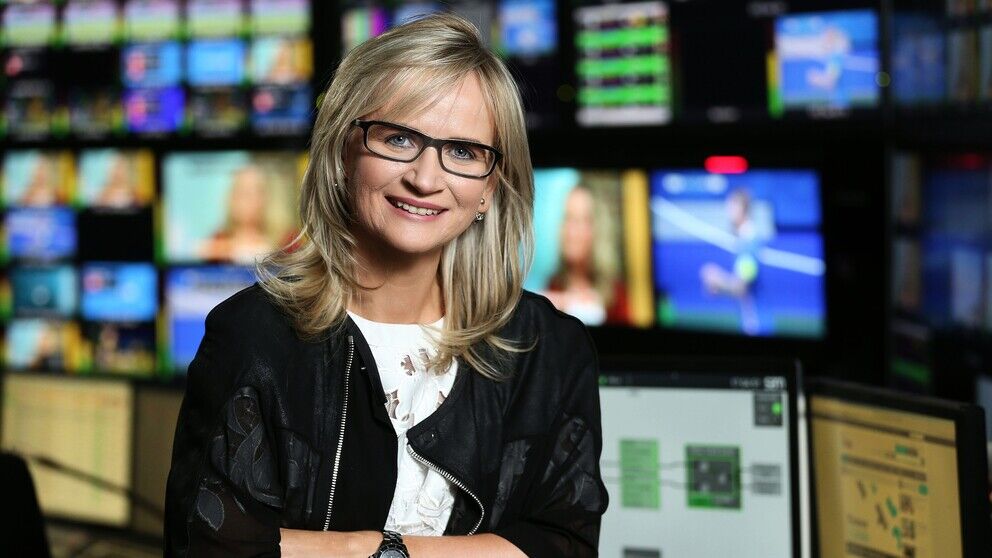The rise of OTTs and the era of ‘fake news’ have piled political and commercial pressures on public service broadcasters but both provide great opportunities, according to RTÉ director general Dee Forbes.
The public service broadcast sector faces a number of well-documented challenges, from headwinds caused by OTT providers cutting into their business opportunities, to political pressure entwined in the ‘fake news’ phenomenon.
The President of the United States, Donald Trump, has been vocal in his attacks on the US media. Similarly, Brazilian president Jair Bolsonaro spent the days after his election saying “enough of the fake news” – a term whic...
You are not signed in
Only registered users can read the rest of this article.
.jpg)
Jen Smith, CIISA: "Bullying, harassment, and discrimination are what stifle creativity"
Jen Smith, CEO of CIISA, details how her vision for the future will stem the M&E industry’s £1.8bn annual losses in productivity by rooting out harassment across all levels of the business’s uniquely fragmented structure.
Fremantle’s Jens Richter: “We want to make sure the AI knowledge is at every level”
IBC2025 Conference preview: Jens Richter, CEO of Commercial and International at Fremantle, will take part in a session that will delve into how Fremantle is evolving to stay ahead of a post-peak TV market by adapting financing models, strengthening partnerships, and utilising its long-running brands.
Mike Darcey: “Like trying to predict the impact of the internet from the standpoint of the ‘90s”
IBC Keynote preview: Media industry commentator Mike Darcey presents an alternative view of the M&E sector ahead of his IBC Keynote session on 14 September.
IBC Keynote: ABC’s Damian Cronan on harnessing AI “in the service of our staff”
For his keynote presentation, Damian Cronan from ABC will outline the ways in which the Australian public broadcaster is utilising AI as part of its digital transformation, writes David Davies.

IBC Conference: Tubi’s Blake Bassett on AI’s ‘exponential growth’ and creative assistance potential
Blake Bassett, Vice-President of Product at streaming service Tubi, will be among the panellists for the IBC conference session ‘Mythbusting AI: Demonstrating the Impact on the Bottom Line’, on 14 September.





